
Find Help
More Items From Ergsy search
-

Will transferring a balance affect my credit score?
Relevance: 100%
-

What is a good credit score to qualify for a balance transfer card?
Relevance: 89%
-

What is a balance transfer credit limit?
Relevance: 77%
-
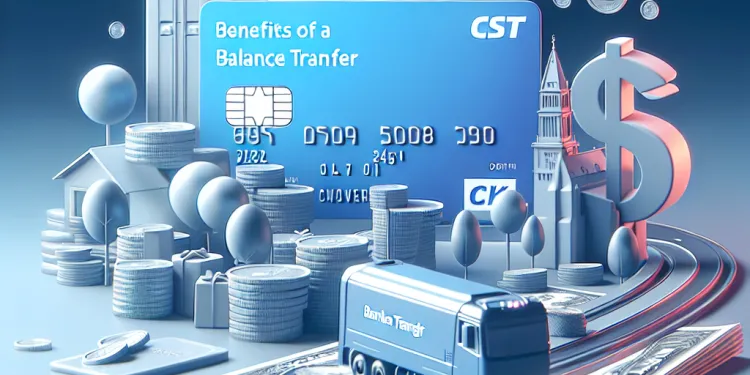
What are the benefits of a balance transfer credit card?
Relevance: 76%
-

What is a Balance Transfer Credit Card?
Relevance: 74%
-
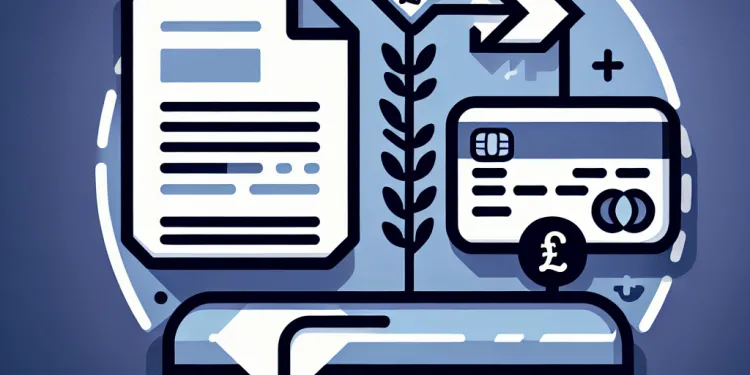
Can I transfer a balance from a loan to a credit card?
Relevance: 69%
-

Is a balance transfer the right choice for me?
Relevance: 68%
-
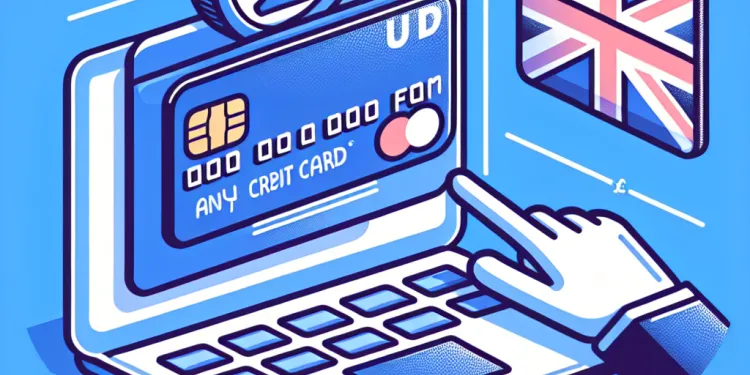
Can I transfer balances from any credit card?
Relevance: 68%
-

How do I apply for a balance transfer card?
Relevance: 66%
-

How does a balance transfer work?
Relevance: 66%
-

Are there any fees associated with balance transfers?
Relevance: 65%
-

Can I transfer a balance to a card with no promotional offer?
Relevance: 59%
-

Will switching banks affect my credit score?
Relevance: 58%
-

How long does a balance transfer take?
Relevance: 58%
-

What is the typical duration of a promotional balance transfer offer?
Relevance: 57%
-

Will switching banks affect my credit score?
Relevance: 57%
-
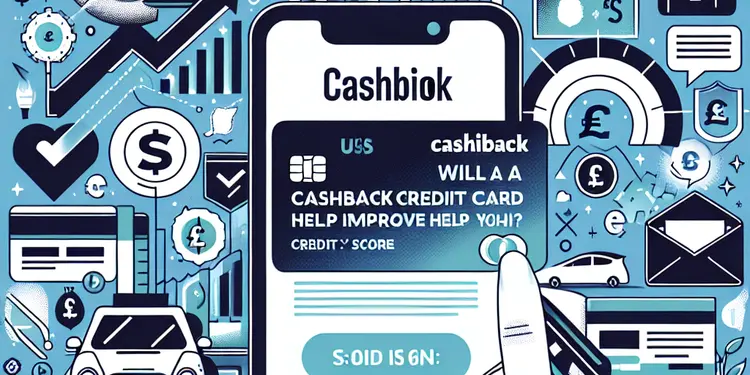
Will a cashback credit card help improve my credit score?
Relevance: 56%
-

Do balance transfer offers apply to new purchases?
Relevance: 54%
-
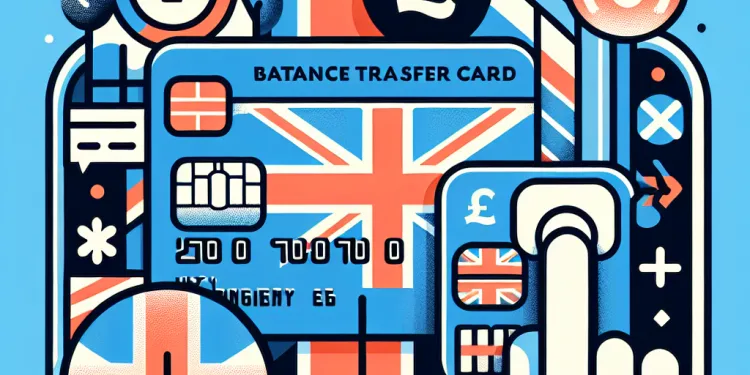
Can I use a balance transfer card for new purchases?
Relevance: 53%
-
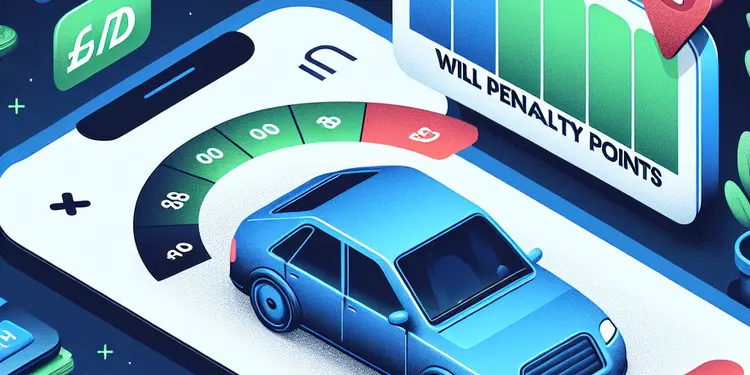
Will penalty points affect my credit score?
Relevance: 52%
-

Can eviction affect my credit score?
Relevance: 52%
-

Does applying for an income-driven repayment plan affect my credit score?
Relevance: 49%
-
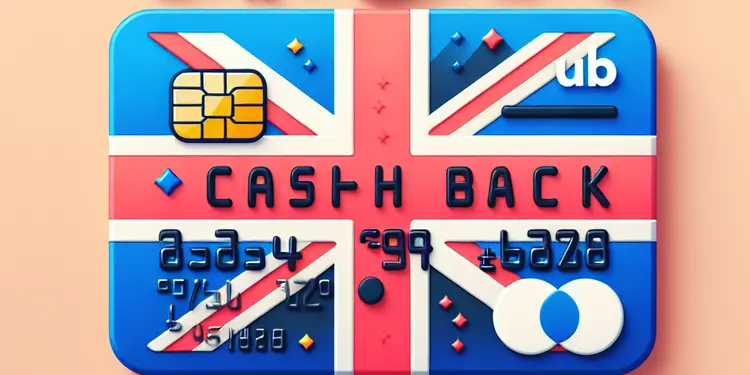
Can I transfer cashback rewards to another credit card?
Relevance: 49%
-

Can a Time to Pay arrangement affect my credit score?
Relevance: 48%
-

Can mis-sold car finance affect my credit score?
Relevance: 47%
-
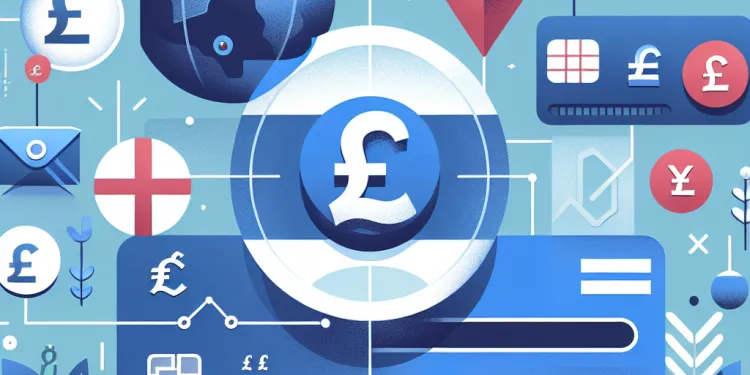
What should I consider before doing a balance transfer?
Relevance: 46%
-

Credit Cards for Beginners Explained UK | Do's and Don't | Type of Cards
Relevance: 44%
-
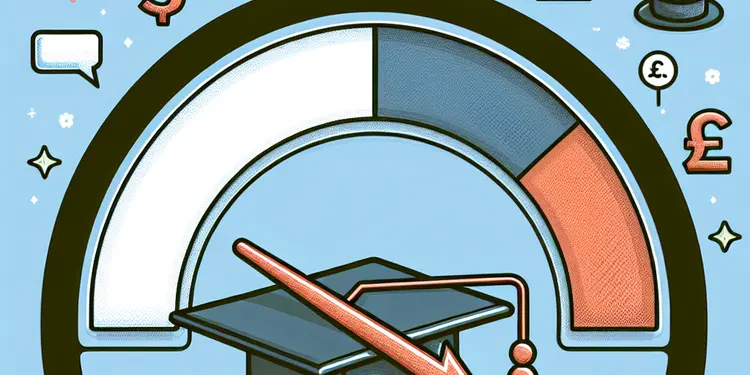
How does missing student loan payments affect my credit score?
Relevance: 44%
-

Credit Cards for Beginners Explained UK | Do's and Don't | Type of Cards
Relevance: 44%
-

Is a cashback credit card right for me?
Relevance: 39%
-
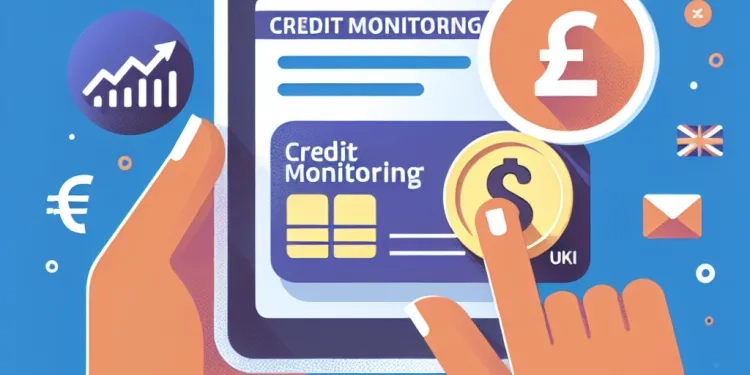
What is credit monitoring?
Relevance: 36%
-

What happens if I have a credit on my account?
Relevance: 36%
-
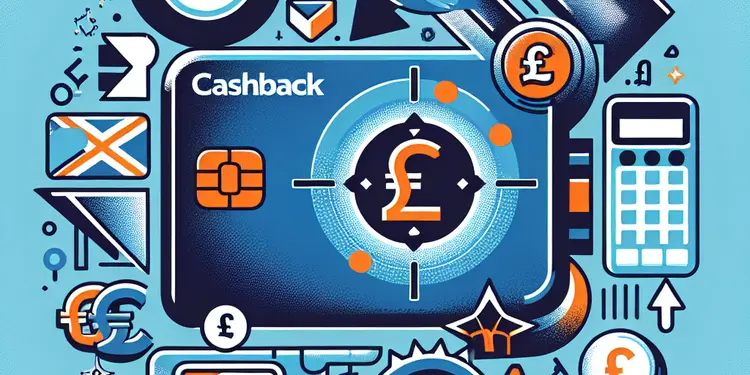
How does a cashback credit card work?
Relevance: 35%
-

Are there any drawbacks to using a cashback credit card?
Relevance: 35%
-

Product Transfer Rate Switch vs Remortgage What's Best
Relevance: 34%
-
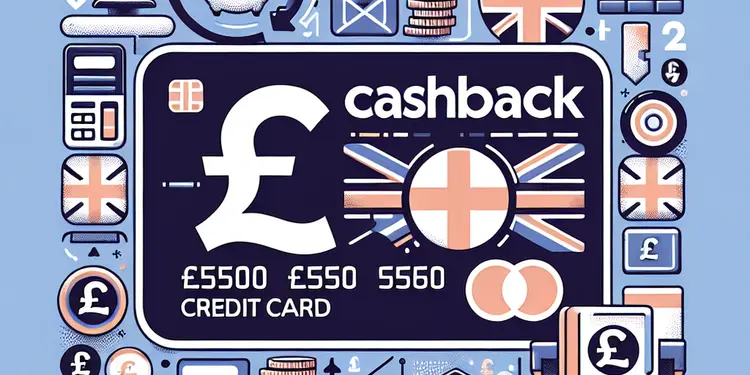
What is a cashback credit card?
Relevance: 31%
-
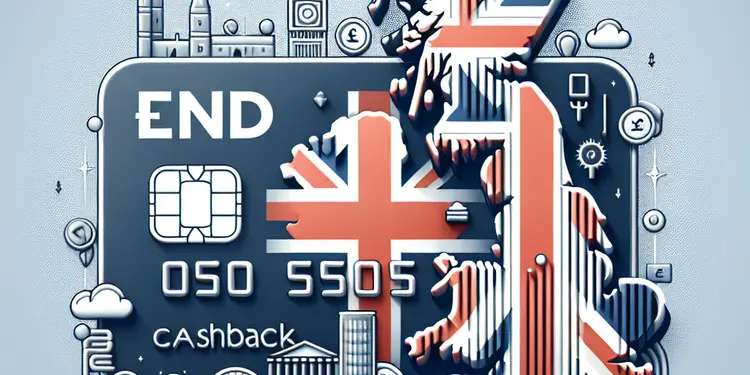
What should I look for in a cashback credit card?
Relevance: 29%
-

Can I transfer my ISA between providers?
Relevance: 27%
-

Is there a minimum transfer amount required?
Relevance: 27%
-

What happens when the introductory APR period ends?
Relevance: 27%
Introduction to Balance Transfers
Balance transfers are a financial tool that allows individuals to move debt from one credit card to another, typically to take advantage of lower interest rates or promotional offers. While a balance transfer can be an effective way to save money on interest payments and manage debts, it's important to consider how it might affect your credit score in the UK.
How Does a Balance Transfer Work?
When you perform a balance transfer, you are essentially paying off the balance on one card by transferring the debt to another card. Many credit card companies offer promotional rates for balance transfers, such as 0% interest for a specified period. This can make it easier to pay down debt without accruing additional interest. However, most transfers come with a fee, usually a percentage of the amount transferred, which must be factored into the overall cost.
Impact on Your Credit Score
Several factors contribute to the impact a balance transfer may have on your credit score in the UK:
1. Hard Credit Inquiry
Applying for a new credit card, which is often needed for a balance transfer, usually results in a hard inquiry on your credit report. This can lead to a slight, temporary dip in your credit score. Although a single inquiry may not have a significant impact, multiple inquiries can have a more pronounced effect.
2. Credit Utilisation Ratio
Your credit utilisation ratio—the percentage of your total available credit that you are using—is a major factor in your credit score. By transferring a balance, you might increase the utilisation ratio on your new card if the balance transferred is large relative to the new card's credit limit. However, paying down debt on the old card can improve your overall credit utilisation, which could positively impact your score.
3. Credit History
Transferring a balance doesn't directly affect the length of your credit history. However, if you close old accounts after transferring a balance, this may affect the length of your credit history and reduce your available credit, possibly impacting your score negatively.
4. On-Time Payments
Whether you've transferred a balance or not, making on-time payments is crucial to maintaining and improving your credit score. A balance transfer can give you breathing room to make these payments without the pressure of high interest, but it's important to remain disciplined in your payment habits.
Conclusion
In summary, a balance transfer can affect your credit score in the UK, primarily through hard inquiries and changes in your credit utilisation ratio. It is a useful tool when managing debt, but it should be approached with careful planning to ensure it benefits your financial situation. Maintaining good financial habits, such as making timely payments and managing credit utilisation, will help mitigate any negative impacts and improve your credit score over time.
Introduction to Balance Transfers
Balance transfers help you move money owed from one credit card to another. This can help you use lower interest rates or special offers. It can save you money on interest and help manage what you owe. But, it's important to know how it might change your credit score in the UK.
How Does a Balance Transfer Work?
With a balance transfer, you pay off one credit card by moving the debt to another card. Many cards offer special deals, like 0% interest for a time. This helps you pay off debt without adding more interest. But, there is often a fee to transfer, which is part of the cost.
Impact on Your Credit Score
A balance transfer can change your credit score in different ways:
1. Hard Credit Inquiry
When you apply for a new credit card, there is a hard check on your credit report. This can lower your score a little for a short time. One check is usually okay, but many checks can lower your score more.
2. Credit Utilisation Ratio
This is how much of your available credit you are using. If you move a big debt to a new card, it might increase how much of that card's credit you are using. But paying off the old card can help your overall credit use, which might increase your score.
3. Credit History
Moving a balance doesn’t change how long your credit history is. But if you close older cards, it might make your credit history look shorter and lower your available credit, which might lower your score.
4. On-Time Payments
Paying on time is very important for your credit score. A balance transfer can make it easier to pay on time since you might have less interest to worry about, but make sure to keep good habits and pay on time.
Conclusion
So, a balance transfer can change your credit score in the UK. This happens because of credit checks and how much credit you use. It’s a good tool to help with debt, but plan carefully to make sure it helps you. Good habits, like paying on time and managing credit well, help keep your score strong.
Frequently Asked Questions
Will transferring a balance affect my credit score?
Transferring a balance can impact your credit score in several ways. It may decrease your credit utilization ratio, which can positively affect your score, but it might also lead to a hard inquiry, which could slightly lower it.
How does credit utilization affect my credit score when transferring a balance?
Credit utilization, the ratio of your credit card balances to your credit limits, is a significant factor in your credit score. Lowering your utilization by transferring a balance to a card with a higher limit can improve your score.
Can applying for a new credit card for a balance transfer affect my credit score?
Yes, applying for a new credit card can lead to a hard inquiry on your credit report, which might temporarily lower your credit score.
What is a balance transfer?
A balance transfer involves moving debt from one credit card to another, usually to take advantage of a lower interest rate.
Will closing the original credit card after a balance transfer affect my credit score?
Closing the original card can impact your credit utilization and length of credit history, potentially decreasing your credit score.
Does the credit limit on my new card affect my credit score after a balance transfer?
Yes, a higher credit limit can improve your credit utilization ratio, potentially boosting your credit score.
Does paying off the transferred balance improve my credit score?
Yes, reducing overall debt by paying off the transferred balance can positively impact your credit score over time.
Can a balance transfer trigger a hard inquiry?
Applying for a new credit card for a balance transfer generally triggers a hard inquiry, which might slightly lower your credit score temporarily.
How long does a hard inquiry affect my credit score after a balance transfer?
A hard inquiry can affect your credit score for up to 12 months, but the impact usually diminishes after a few months.
Is there a way to transfer a balance without affecting my credit score?
It's challenging to transfer a balance without any impact, as applying for a new card usually results in a hard inquiry. However, responsibly managing your credit after the transfer can mitigate negative effects.
Should I worry about short-term credit score impacts when transferring a balance?
If the balance transfer significantly reduces interest payments and helps you manage debt better, the short-term credit score impact might be less important than the long-term benefits.
Can using a balance transfer to consolidate debt improve my credit score?
Consolidating debt through a balance transfer can simplify payments and potentially lower your credit utilization, which may improve your credit score if managed well.
Can transferring a balance to a card with a lower interest rate help me save money?
Yes, transferring a balance to a card with a lower interest rate can reduce the amount of interest you pay, helping you save money.
What is the impact of increasing my credit limit on an existing card for a balance transfer?
Increasing your credit limit on an existing card can improve your credit utilization ratio without triggering a new hard inquiry, positively affecting your credit score.
Can having too many balance transfers negatively affect my credit score?
Frequent balance transfers can lead to multiple hard inquiries and reduced average account age, which might negatively impact your credit score.
How can I minimize the impact of a balance transfer on my credit score?
Minimize impact by avoiding closing old accounts, only transferring to cards with lower interest rates, and making consistent payments to reduce overall debt.
Does the balance transfer itself impact my credit score?
The actual transfer of balance is not reported to credit bureaus, but actions related to it, like opening a new account, can affect your score.
How does the length of credit history affect my score during a balance transfer?
If transferring balances leads to closing older accounts, this might shorten your average credit account age, potentially lowering your credit score.
What role does on-time payment play after a balance transfer?
Consistently making on-time payments on your new balance transfer card is crucial for protecting and potentially improving your credit score.
If I transfer a balance, should I keep my old credit card open?
Keeping your old card open can help maintain a lower credit utilization ratio and preserve your credit history, which are beneficial for your credit score.
Will moving money from one card to another change my credit score?
Moving money you owe from one credit card to another can change your credit score. It might help because it makes you use less of your credit limit, which is good. But sometimes, the company will check your credit, which can make your score go down a little bit.
How does using my credit card affect my credit score?
When you use your credit card, it can change your credit score. This happens when you move money from one credit card to another.
Here are some tips to help understand:
- Try not to use too much of your credit limit. Using less can keep your score healthier.
- Keep track of how much you owe and how much credit you have left.
- Ask an adult or someone you trust for help if you find it confusing.
Drawing charts or using apps can help you see your spending and payments better.
Credit utilization means how much of your credit card limit you are using. It is important for your credit score. If you move some of your debt to a card with a bigger limit, you can lower your utilization. This can make your credit score better.
Will getting a new credit card change my credit score?
When you ask for a new credit card, the credit card company checks your credit report. This check is called a "hard inquiry." It might make your credit score go down a little for a short time.
What is a balance transfer?
A balance transfer means moving money you owe from one credit card to another. It can help you save money by moving your debt to a card with lower interest rates.
Here are some helpful tips to understand balance transfers better:
- Use simple words or ask someone to explain if you have trouble understanding.
- Use pictures or drawings to help explain the steps.
- Ask a friend or family member to help you read and talk about it together.
Moving debt from one credit card to another is called a balance transfer. People do this to get a lower interest rate. Lower interest can save you money.
If I close my old credit card after moving the balance, will my credit score change?
Closing your first credit card can change how much credit you use and how long you've had credit. This might make your credit score go down.
Will my new card's credit limit change my credit score after I move some debt to it?
If you get a new card and move your debt to it, it can change your credit score.
- Check your balance: Make sure not to spend too close to your limit.
- Pay on time: Always pay your card bill by the due date.
- Use tools: You can use a budget app to help you keep track.
Yes, having a higher credit limit can help make your credit score better. This is because it changes the way we look at how much credit you use.
Will paying off the money I owe help my credit score?
Yes, paying off the money you owe can help make your credit score better over time. It is important to pay back the money you borrowed.
Can moving my credit card balance affect my credit score?
If you move what you owe on one credit card to another card, it might affect your credit score. Here's how:
- When you apply for a new credit card, the bank will check your credit history.
- This check is called a "hard inquiry."
- A hard inquiry can lower your credit score a little bit.
To make things easier:
- Ask for help from a trusted adult if you are unsure.
- Use online tools or apps that explain things in simple words.
When you apply for a new credit card to move your debt, the bank checks your credit. This check may make your credit score go down a little bit for a short time.
How long does my credit score change after I move money to a new card?
When you move money to a new credit card, your credit score might change. This is called a "hard inquiry.”
These changes can last for a little while. Usually, for about one year.
Here are some tips to help you:
- Use a calendar to keep track of dates.
- Ask someone you trust for help if you are confused.
- Check your credit score regularly with a friend or family member.
A hard inquiry might change your credit score for up to 12 months. But after a few months, it doesn’t affect it as much.
Can I move money without hurting my credit score?
Here are some tips to help you:
- Use a tool like a budget app to track your money.
- Ask a friend or family member for help if you need it.
- Talk to your bank about options.
- Read guides with pictures to understand better.
Moving money from one card to another can be tricky. When you ask for a new card, the bank checks your credit, which can affect it. But if you handle your credit well after moving the money, you can keep any bad effects small.
Is it bad if my credit score goes down a little when I move a debt to another card?
If you are moving money you owe from one card to another card, do not worry too much if your credit score goes down a little for a short time. It is normal, and your score can go back up later.
You can use tools like budgeting apps to help manage your money. Also, keep an eye on your credit score with free online services. Remember to pay your card bills on time to help your score improve.
If moving your money from one credit card to another card means you will pay less interest and can handle your debt better, it might be worth it. Even if your credit score goes down a little at first, the good things it does for you later are more important.
Can a balance transfer help my credit score?
A balance transfer is when you move debt from one card to another.
It might help your credit score if:
- You pay on time.
- You don't use all your credit.
Here are some tips to help:
- Use phone reminders for payments.
- Keep track of how much credit you use.
Moving all your debt onto one card can make paying easier. It might help you use less of your credit, which could make your credit score better if you manage it carefully.
Will moving money to a card with lower interest help me save money?
If you have a card that costs a lot in interest, you might want to move your money to a card that costs less. This can help you save money.
If you need help understanding this, ask a family member or friend. You can also use a calculator to see how much you can save. These tools can make it easier to understand money stuff.
Yes, moving your money to a card with a lower interest rate means you pay less extra money. This helps you save money.
What happens if I ask for more spending money on my credit card to move my debt?
If you ask your bank to let you spend more money on your credit card, it can help you look good with your credit score. This is because it shows you use your credit card in a smart way. The best part is, it won't hurt your credit score when you do this.
Here's a tip to help: Use reminders on your phone or write notes to help you remember when to pay your credit card bill. This keeps your score strong and healthy!
Can too many balance transfers hurt my credit score?
Moving your debt too often might hurt your credit. Be careful how many times you do this. Use tools like charts to keep track. Ask someone you trust for help if you need it.
Moving your bank balance a lot can make it harder for you to get credit in the future. It is like asking for a lot of loans in a short time. This can make your credit score go down.
How can I keep my credit score safe when moving money?
1. Check Your Credit Report: Look at your credit report. Make sure everything is correct.
2. Pay on Time: Always pay your bills on time. It helps keep your score strong.
3. Don't Use Too Much Credit: Try not to use all your credit. Keep some space free.
4. Consider Financial Tools: Use tools like budget apps to help manage money.
5. Talk to an Expert: Ask someone who knows about money for help.
You can make your debt smaller by doing a few things. First, try not to close old accounts. Next, only move what you owe to cards that have lower interest rates. Also, always pay on time to help your debt go down.
Will moving my credit card debt affect my credit score?
Moving a balance to another card isn’t shown to credit companies. But actions like starting a new account can change your credit score.
How does having credit for a long time change my score when moving money?
If you have had credit for a long time, it can help your score. Having credit for a short time might not help as much. When you move money you owe from one card to another (balance transfer), it is good to have had credit for a while. Tools like counting the years you have used credit can help.
If you move money from one card to another and then close your old card, this can make your credit history look shorter. A shorter credit history can make your credit score go down.
Why is paying on time important after moving your debt?
When you move your debt to a new card, it is important to pay on time. Paying on time helps you:
- Avoid extra fees.
- Keep your interest rate low.
- Build good money habits.
Try setting reminders or use calendar alerts to help you remember.
It is very important to pay on time when you get a new balance transfer card. This helps keep your credit score safe and might even make it better.
If you need help, you can:
- Set up reminders on your phone.
- Ask someone you trust to remind you.
- Use apps that help track payments.
If I move my credit card debt, should I keep my old card?
Are you moving money from your old credit card to a new one? Here's what you can do:
- It can be good to keep your old credit card open. This might help your credit score.
- Cut up the old card if you don't want to use it, but still keep the account open.
- Only close the card if you know you won’t use it and don’t want it anymore.
Ask a grown-up for help if you are not sure what to do!
Keeping your old card open is a good idea. It helps you use less of your total credit, which is good for your credit score. It also keeps your credit history longer, which helps your score too.
Useful Links
This website offers general information and is not a substitute for professional advice.
Always seek guidance from qualified professionals.
If you have any medical concerns or need urgent help, contact a healthcare professional or emergency services immediately.
Some of this content was generated with AI assistance. We’ve done our best to keep it accurate, helpful, and human-friendly.
- Ergsy carfully checks the information in the videos we provide here.
- Videos shown by Youtube after a video has completed, have NOT been reviewed by ERGSY.
- To view, click the arrow in centre of video.
- Most of the videos you find here will have subtitles and/or closed captions available.
- You may need to turn these on, and choose your preferred language.
- Go to the video you'd like to watch.
- If closed captions (CC) are available, settings will be visible on the bottom right of the video player.
- To turn on Captions, click settings .
- To turn off Captions, click settings again.
More Items From Ergsy search
-

Will transferring a balance affect my credit score?
Relevance: 100%
-

What is a good credit score to qualify for a balance transfer card?
Relevance: 89%
-

What is a balance transfer credit limit?
Relevance: 77%
-

What are the benefits of a balance transfer credit card?
Relevance: 76%
-

What is a Balance Transfer Credit Card?
Relevance: 74%
-

Can I transfer a balance from a loan to a credit card?
Relevance: 69%
-

Is a balance transfer the right choice for me?
Relevance: 68%
-

Can I transfer balances from any credit card?
Relevance: 68%
-

How do I apply for a balance transfer card?
Relevance: 66%
-

How does a balance transfer work?
Relevance: 66%
-

Are there any fees associated with balance transfers?
Relevance: 65%
-

Can I transfer a balance to a card with no promotional offer?
Relevance: 59%
-

Will switching banks affect my credit score?
Relevance: 58%
-

How long does a balance transfer take?
Relevance: 58%
-

What is the typical duration of a promotional balance transfer offer?
Relevance: 57%
-

Will switching banks affect my credit score?
Relevance: 57%
-

Will a cashback credit card help improve my credit score?
Relevance: 56%
-

Do balance transfer offers apply to new purchases?
Relevance: 54%
-

Can I use a balance transfer card for new purchases?
Relevance: 53%
-

Will penalty points affect my credit score?
Relevance: 52%
-

Can eviction affect my credit score?
Relevance: 52%
-

Does applying for an income-driven repayment plan affect my credit score?
Relevance: 49%
-

Can I transfer cashback rewards to another credit card?
Relevance: 49%
-

Can a Time to Pay arrangement affect my credit score?
Relevance: 48%
-

Can mis-sold car finance affect my credit score?
Relevance: 47%
-

What should I consider before doing a balance transfer?
Relevance: 46%
-

Credit Cards for Beginners Explained UK | Do's and Don't | Type of Cards
Relevance: 44%
-

How does missing student loan payments affect my credit score?
Relevance: 44%
-

Credit Cards for Beginners Explained UK | Do's and Don't | Type of Cards
Relevance: 44%
-

Is a cashback credit card right for me?
Relevance: 39%
-

What is credit monitoring?
Relevance: 36%
-

What happens if I have a credit on my account?
Relevance: 36%
-

How does a cashback credit card work?
Relevance: 35%
-

Are there any drawbacks to using a cashback credit card?
Relevance: 35%
-

Product Transfer Rate Switch vs Remortgage What's Best
Relevance: 34%
-

What is a cashback credit card?
Relevance: 31%
-

What should I look for in a cashback credit card?
Relevance: 29%
-

Can I transfer my ISA between providers?
Relevance: 27%
-

Is there a minimum transfer amount required?
Relevance: 27%
-

What happens when the introductory APR period ends?
Relevance: 27%


